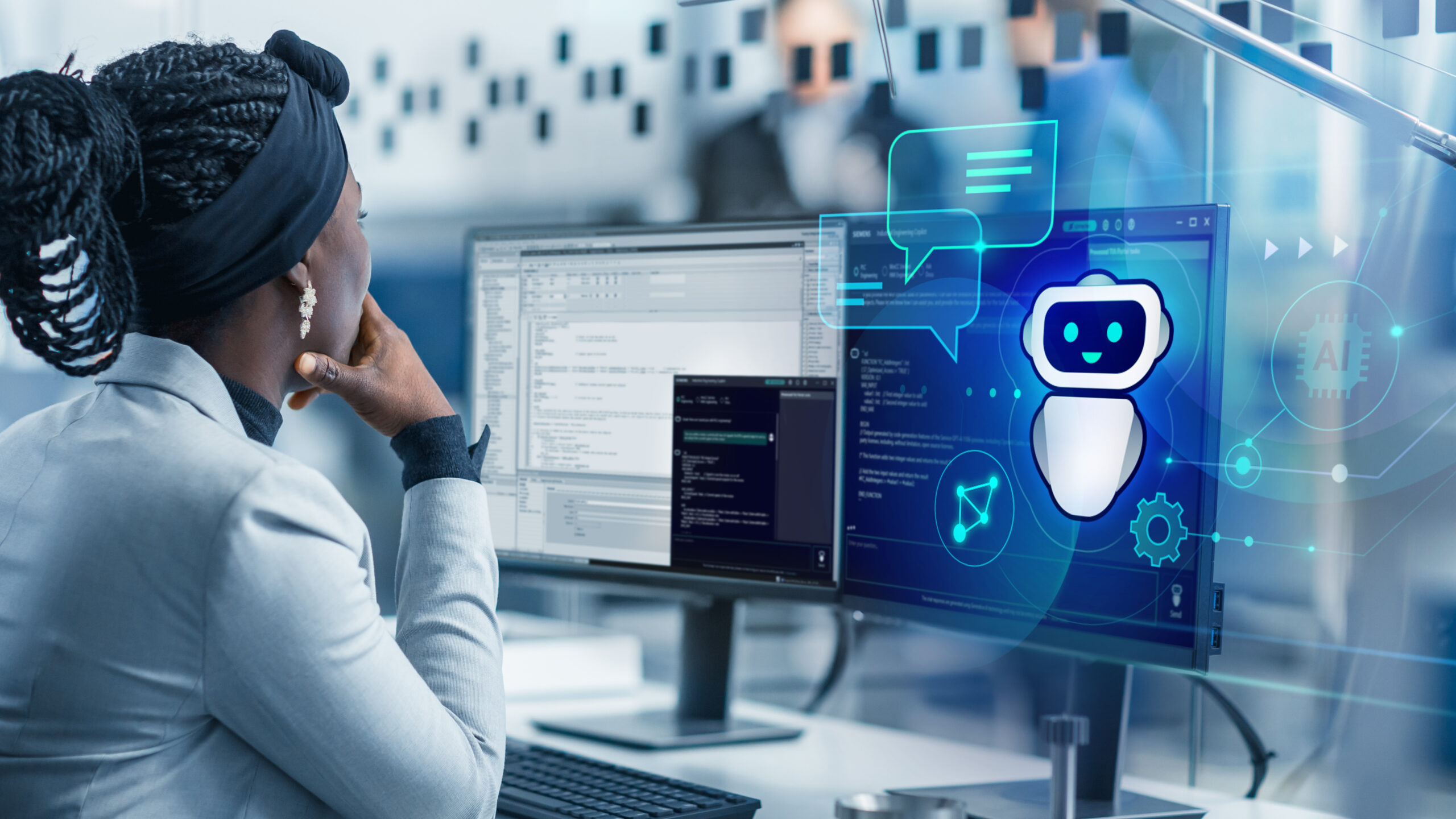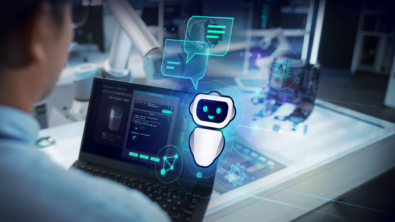Looking to the future of AI across industry

Generative AI has many potential applications across countless industries with the Industrial Copilot being one such application already starting to bear fruit. By applying generative AI to the vast amount of data available at every stage of the industrial value chain – everything from process manuals and diagrams to sensor data and production statistics – it’s possible to not only accelerate common tasks but draw insights and connections that would have otherwise been lost in the sea of data.
In a recent podcast, guests Alessia Bortolotti and Michi Lebacher concluded a discussion on the Industrial Copilot by looking ahead at what the future might hold for these kind of industrial grade, generative AI assistants. Beyond that, they also examined some of the challenges inherent in bringing an advanced technology like AI into industry and why making the effort is a valuable step for any company.
Check out the full episode here, read the transcript here or keep reading for the highlights of that conversation.
The future of copilots
The AI models employed by the Industrial Copilot aren’t a one-size-fits-all solution rather there are multiple distinct models covering different applications but even so, Alessia notes how they are still targeting the low-hanging fruit of AI in industry right now with a huge amount of untapped potential still to explore. Compared to how the Industrial Copilot currently operates, in the future it could expand to be a more holistic system, accumulating and processing data seamlessly across entire production systems to enable features like closed-loop optimization and greater autonomy for the AI system to take on tasks on its own.
Enabling closed-loop optimization has long been an important goal of bringing AI into the manufacturing process but is easier said than done. Extending the Industrial Copilot to cover this use case is a very natural way to approach the problem, since the Industrial Copilot already connects with many existing data sources, not just machine sensors but design documents, maintenance guides, and even direct user input leveraging AI capabilities could allow for easy processing of data across the entire breadth of design and manufacturing.
Enabling such wide-ranging data collection and analysis could enable optimization in a way that simply isn’t possible when examining processes or problems as individual pieces, rather than as parts of a whole. In the future, AI copilots could leverage their access to such comprehensive data to not only better optimize entire production systems, but even solve problems completely automatically without the need for any human intervention.
What it means to bring AI into industry
AI has a lot to offer but it isn’t something that can be applied indiscriminately without considering important topics such as privacy and reliability. Cloud services make it fast and easy to deploy AI but, especially in the world of manufacturing, allowing sensitive data to leave the shop floor isn’t an option. Even once an AI solution is securely deployed the fact that AI, especially generative AI, has the potential to hallucinate wrong answers or ethical concern of AI replacing human workers remains very real.
While these may seem like daunting challenges to overcome, Michi also says how within these challenges, is opportunity. Rather than simply hooking up a machine to a cloud AI provider, he emphasizes the importance of companies working together – AI providers and consumers so to speak – to build the right solutions for each use case. Local, on-premises AI trained to support specific industries and tasks while being grounded in a company’s own proprietary data helps not only make sure trade secrets stay secret, but also allows companies to take the value of their data one step further by using it to lay the foundations of powerful AI models.
Finally, as much as AI might seem like a threat to human labor, its best role is now as it has always been: A means to accelerate, refine and enhance human effort. Tools that are more intuitive and easier to use, information made more accessible and connections that might otherwise be lost in a sea of data brought to the fore. Building the right AI solution can help connect people, technology and information in a way that wasn’t possible before, bringing about a new paradigm of information and ingenuity through the collaboration between humans and AI.
To learn more, check out the full podcast here.
Siemens Digital Industries Software helps organizations of all sizes digitally transform using software, hardware and services from the Siemens Xcelerator business platform. Siemens’ software and the comprehensive digital twin enable companies to optimize their design, engineering and manufacturing processes to turn today’s ideas into the sustainable products of the future. From chips to entire systems, from product to process, across all industries. Siemens Digital Industries Software – Accelerating transformation.


